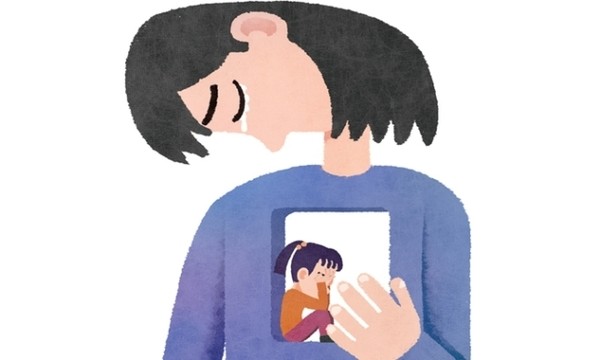
In August, during a plenary session, the Health and Welfare Committee of the National Assembly passed a bill for the enactment of the ‘Special Act on Crisis Pregnancy and Support for Safe Births, and Child Protection’. The purpose of the anonymous birth system is to protect the identity of mothers during childbirth, safeguarding disadvantaged mothers and the rights to life of infants. However, the anonymous birth system can eliminate the opportunity for a child to return to their family, infringe upon the rights to know their parents, and encourage pregnant women to abandon custody or possibly even infant abandonment. Therefore, the government should not implement the anonymous birth system.
First, the anonymous birth system blocks opportunities for a child to return to their biological family through foster care or admission to child welfare facilities by immediately proceeding with adoption procedures after birth. The ‘Hague Adoption Convention’ prioritizes the protection of the child's original family over adoption. However, the anonymous birth system currently under discussion includes a requirement that the child be handed over to the adoption process once the birth mother anonymously completes a birth certificate for the infant. In the 70s and 80s, Korea promoted indiscriminate overseas adoptions, but in 2012, it enacted the Act on Special Cases Concerning Adoption to enhance the rights and welfare of adopted children. However, proceeding with adoption procedures after anonymous childbirth undermines the existing Act on Special Cases Concerning Adoption, which requires biological parents to register the birth with their real names.
Second, the anonymous birth deprives the fundamental right of the child to know their biological parents, which is a basic human right. Although the bill review process has allowed access to birth records when the biological mother consents and the child becomes an adult, the two conditions of ‘consent of the biological mother’ and ‘after the child becomes an adult’ still violate the child's right to know his or her origin. According to Article 8, paragraph 1 of the UN Convention on the Rights of the Child, the parties respect the right of the child to preserve his or her legally recognized status, including nationality, name, and family relations. Kim Hee-jin, a lawyer from the Lawyers for a Democratic Society, argued in an interview with the Kyunghyang Shinmun in June that "the information about one's birth, such as when, where, and from whom one was born, is the foundation of life's essential identity, and the anonymous birth system is depriving this right.”
Third, the anonymous birth system may have the side effect of abandonment of infants. Without comprehensive support and infrastructure for unmarried mothers or those facing difficult circumstances, the widespread adoption of anonymous childbirth in a society could encourage mothers to abandon their children. The introduction of the anonymous birth system could turn anonymous childbirth from a 'last resort' into the 'only option.' Therefore, there is a more pressing need for policies that effectively protect the lives of economically and physically disadvantaged pregnant women, including single mothers, and their infants.
The anonymous birth system was first proposed in the National Assembly in 2020. However, in the three years since its proposal, it has not been successfully legislated. This is primarily due to several flaws and potential side effects associated with the proposed measure. The anonymous birth system excessively increases the adoption of infants, infringes upon the child's right to know their biological parents, and, most importantly, could encourage abandonment of babies. Given that these issues have not been adequately addressed, it is not appropriate to implement an anonymous birth system at this time.
Currently, over the anonymous birth system, there is a contentious debate between civil organizations including single mothers' groups and adoption agencies, and the government. Those in favor of the government support the introduction of the system because it will protect the life rights of infants and provide systematic support for women who have difficulty raising a child on their own. On the other hand, civil society groups opposed to the anonymous birth system argue that it deprives the children's right to know their biological parents , and in fact encourages pregnant women to abandon their children. Both sides, however, aim at the common goal of guaranteeing stable births and infant rights for childbearing womens who are struggling to make ends meet. In Korea, where there is not only the problem of infant abandonment, but also that of an extremely low birth rate, the anonymous birth system should not become a debate to win an empty argument on the table in the National Assembly. Both proponents and opponents of the measure should work together to find ways to minimize potential side effects while effectively protecting both pregnant women and infants.

